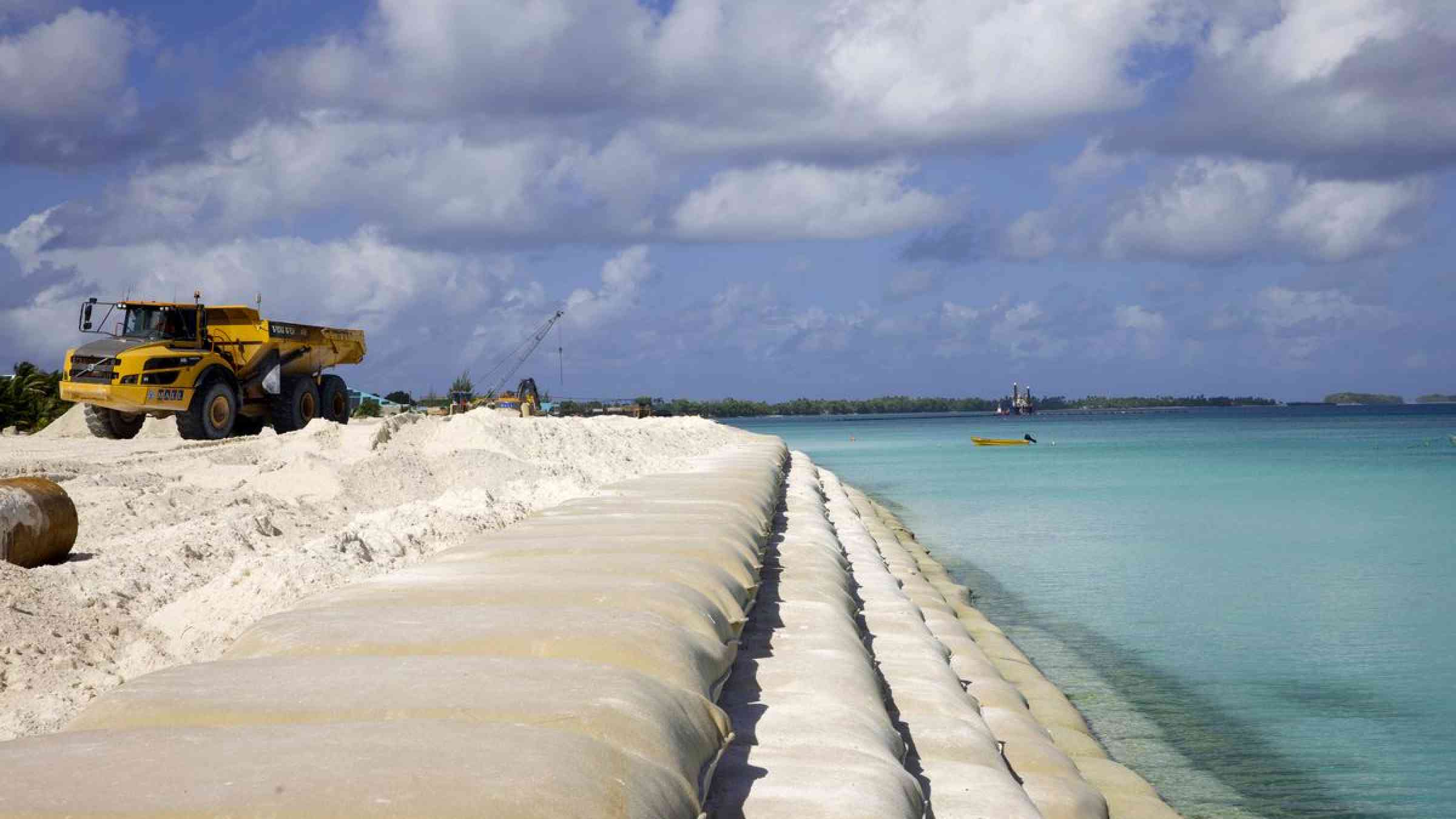UN General Assembly moves forward network for climate action

The Santiago network for Loss and Damage will catalyze technical assistance and boost the capacity of vulnerable developing countries to effectively manage climate-related loss and damage.
Following the adoption of a UN General Assembly decision on the Santiago network, partners have agreed on the next step in getting the network up and running. It represents a major step towards enhancing capacities to avert, minimize and address loss and damage.
The UN Office for Disaster Risk Reduction (UNDRR) and UN Office for Project Services (UNOPS) have signed a Memorandum of Understanding with the UN Framework Convention on Climate Change (UNFCCC) Executive Secretary (signing on behalf of the COP and CMA) to co-host the network’s secretariat – marking a significant milestone towards the network’s full operationalization.
“This is an important next step in advancing the critical agenda of climate loss and damage as set out in the COP28 outcomes and lays the groundwork for reaching crucial milestones in 2024,” said Paola Albrito, Acting Special Representative of the UN Secretary-General for Disaster Risk Reduction and Head of UNDRR.
“The Santiago network represents the best of multilateral system coherence in advancing climate action and we thank governments for entrusting UNDRR and UNOPS with its operationalisation,” she added.
The Santiago network was established with the goal of mobilizing the technical assistance needed by vulnerable developing countries to support their efforts in averting, minimizing and addressing climate-related loss and damage.
“There is an urgent need to ensure vulnerable developing countries hardest hit by the climate emergency can access the technical assistance they need to foster resilience, build capacity, and manage climate-related loss and damage,” said UNOPS Executive Director Jorge Moreira da Silva.
“UNOPS is proud to have been selected with UNDRR to co-host this critical platform, and we look forward to combining our areas of expertise to ensure developing countries can accelerate their climate action ambitions,” added Jorge Moreira da Silva.
Emphasizing collaboration and coordination, the network connects vulnerable developing countries with providers of technical assistance – including entities from civil society, non-governmental organizations and the private sector – with knowledge and resources to address climate risks and take impactful actions at the local, national and regional levels.
The network will operate in coordination with the Loss and Damage Fund – adopted during last year’s 28th UN Climate Conference (COP28) in Dubai. Together, these initiatives will deliver the necessary policy, finance and technical assistance for vulnerable developing countries to enhance their capacity to manage climate-related loss and damage.